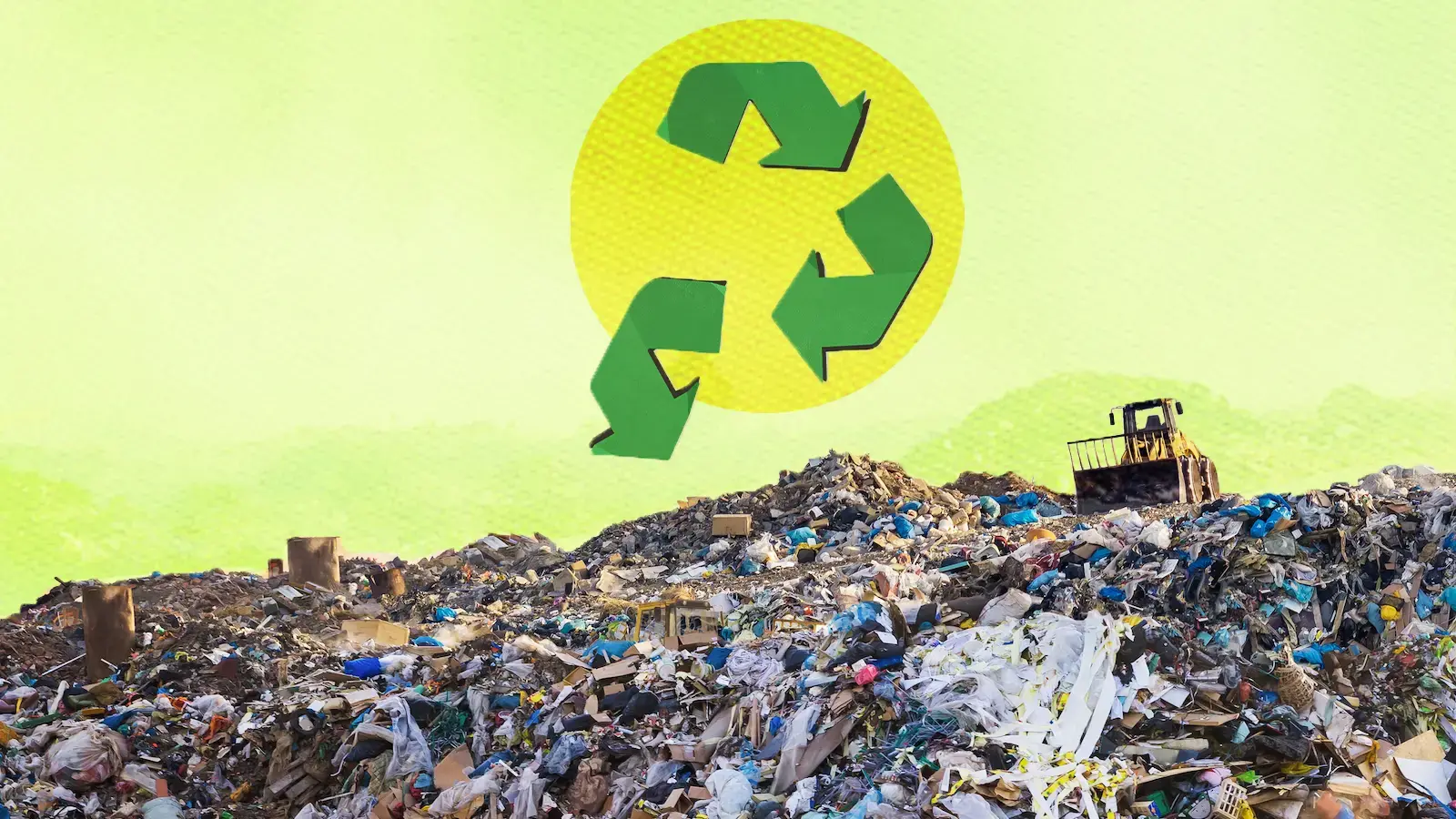- cross-posted to:
- zerowaste@lemmy.ml
- cross-posted to:
- zerowaste@lemmy.ml
Honestly, most of the plastic we use can be replaced with hemp plastic or bamboo plastic, but because it’s more expensive to make, none of the manufacturers bother.
I’m astonished how many people simply do not care. My father for example makes the argument that not all plastic products can be replaced by these materials, therefore it’s not worth trying.
It’s a really dumb argument. Perfect is not the enemy of better.
Just out of curiousity, what can’t be replaced? And if we replace 90%, that’s a massive improvement. As you said, perfect is not the enemy of better.
The claim is medical supplies may need to be made from virgin plastic.
I haven’t tried to verify that claim because I don’t believe it matters. It’s not an impediment to doing better immediately.
The claim is medical supplies may need to be made from virgin plastic.
Maybe they do, but a great many mass-produced plastic objects are not medical supplies.
Yep, we’re all in agreement that we should replace what we can and then work on finding the solutions to what’s left.
I do wonder if there is some other material that medical supplies can be made from. It’s a really hard problem: it has to be not only mostly but completely impenetrable to bacteria, not break down at all while in storage, yet somehow lose those properties once it’s been used and disposed of.
Isn’t that what metal is for?
I’m lazy and so asked Bard, it said:
It is possible to replace some current plastic with plastic made from hemp and bamboo, but it is not possible to replace all current plastic. Hemp and bamboo plastics are still in their early stages of development, and they are not yet as widely available or as affordable as traditional plastics. Additionally, some applications for plastic, such as medical devices and food packaging, require very specific properties that hemp and bamboo plastics may not be able to meet.
However, there is a lot of potential for hemp and bamboo plastics to replace traditional plastics in a variety of applications. They are both strong, durable, and biodegradable, and they can be used to make a wide range of products, including food packaging, clothing, and building materials. As the technology for making hemp and bamboo plastics continues to develop, they are likely to become more widely used and more affordable.
Here are some of the advantages of using hemp and bamboo plastics:
- They are made from renewable resources, so they do not contribute to the depletion of fossil fuels.
- They are biodegradable, so they do not end up in landfills or oceans.
- They are strong and durable, so they can be used to make a wide range of products.
- They are often less expensive than traditional plastics.
However, there are also some challenges to using hemp and bamboo plastics:
- They are not yet as widely available as traditional plastics.
- They may not be able to meet the specific properties required for some applications.
- The production of hemp and bamboo plastics can require some water and energy.
Overall, hemp and bamboo plastics offer a number of advantages over traditional plastics. As the technology for making these plastics continues to develop, they are likely to become more widely used and more affordable. This could help to reduce our reliance on fossil fuels and plastic pollution.
Genuinely confused.
I thought PET was endlessly recyclable. In Australia all drink bottles will be 100% recycled PET soon.
I know the rest is shit but let’s focus on the real problems here.
You are correct, it is technically 100% recyclable. I personally dislike this article because it muddles the message. The whole explanation from the article is that if less than 30% of the material is recycled (in the US), it is not recyclable. I find this a stupid argument, because the material IS recyclable. But for a whole host of reasons in the US, it isn’t consistently recycled.
Most PET doesn’t make it back into the loop. There can even be more demand for rPET than there is supply, which will definitely affect places like AU that mandate rPET use. There is also the problem of maintaining the needed quality of the material throughout the loop, as some PET products require higher standards, so some rPet drops out eventually. Even here there isn’t a perfect system. I’d guess that aluminum, a similar “endlessly recyclable” material, has the same issues.
The real problem is that the first “R”, “Reduce (consumption)” was quickly forgotten in a consumer world. Add to that planned obsolescence and it’s no wonder how we got here.
The real problem is that the first “R”, “Reduce (consumption)” was quickly forgotten in a consumer world.
As long as the rich continue to have nice things, a message of “don’t have nice things” will win few hearts and minds. We humans are jealous creatures, and for good reason: it’s how we protect ourselves from others taking advantage of us.
Agreed.
The problem being: how many people have access to recycling their plastic waste? And how much of that ‘recycled’ plastic waste actually gets recycled, as opposed to shipped to Thailand (or where-ever) and dumped in landfills?
I’m in the uk and while we’re technically all big on recycling here, many households don’t have access to it (as there’s no room on the streets for the extra bins) and lot of people here also don’t drive, and aren’t living near recycling collection/disposal facilities, so won’t be recycling that way either.
We have a return scheme, $0.10 for each plastic bottle.
By all reports it’s a pretty good set up. It’s the other types of plastic that are the problem.






